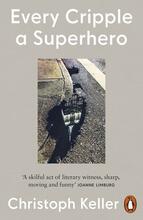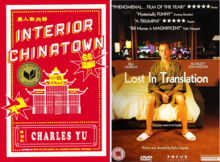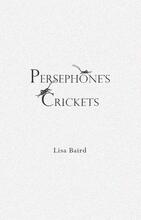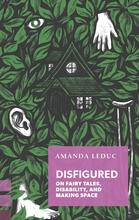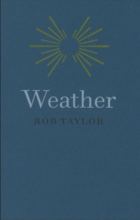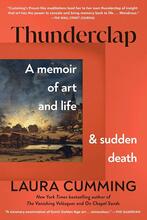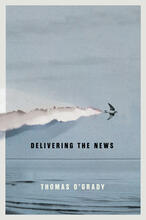Posted on March 26, 2025
Every Cripple a Superhero by Christoph Keller is a great example of a hybrid memoir. There are photos, poems, flash prose, cultural criticism, and a Kafka-esque surrealist short story interspersed throughout the book. An earlier and slightly different version of the manuscript was first published in German in 2020.
Posted on March 18, 2025
I wasn’t sure what to expect when I moved to Kelowna three years ago. I was coming from the rainforest. The Okanagan landscape seemed parched and barren. I was suspicious of the constant sunshine. I mourned the loss of my velvet forests full of ancient red cedars and Douglas firs, and set about trying to find a way to love this new land.
Posted on March 6, 2025
Lost in Translation (film by Sofia Coppola) and Interior Chinatown (novel by Charles Yu) by Francis Chang
The Heisenberg Uncertainty Principle posits that it is impossible to know the exact location or nature of a particle at any particular moment because the act of observation itself causes a slight shift in position of the observed subject. The resulting alteration in trajectory from the present moment will magnify over time, until the next act of observation and reflection.
As someone in the thicket of middle age, I wonder how much my recollections of the past shift my understanding of the world. Even in this later stage of life, I still obsess over the questions “who am I” and “what is my place in this world”? It is with this mindset that I rewatched the movie Lost in Translation and read the novel Interior Chinatown.
Posted on March 4, 2025
Myth is on my mind. My partner and I recently tore through the first season of KAOS, a new Netflix series that plays fast and loose with classical Greek Mythology. In this retelling, Gods and humans live in a stylized world that somewhat resembles our own. Zeus, played to a tee by the ingenious Jeff Goldblum, lives in a gaudy mansion on Mount Olympus and wears velour tracksuits and gold-rimmed glasses.
Posted on February 28, 2025
“How old are you?” This is the question that everyone asks best-selling historian Nell Painter when she returns to school at age 64. She retires from teaching at Princeton and pursues her lifelong dream of becoming an artist. Not a dabbler, not a retiree taking a few classes, but a “serious artist.” Art may be all about seeing, but artists are about being seen. Painter doesn’t just want to paint; she wants to get her MFA and be seen as a professional artist.
Posted on February 25, 2025
I have been a fan of Abigail Thomas ever since I read her memoir, “Three Dog Life,” years ago. I recently re-read it along with everything else of hers I could find. I just finished her latest, “Still Life at Eighty: The Next Interesting Thing,” with a beautiful photo of her multi-lined face on the cover and a beloved dog in her lap. I love her for the way she observes her life in moments, nothing longer than a few pages, exploring how she came to be the person she is. The everyday and the ordinary are her territory, and where her mind goes “when it’s off-leash,” as she says.
Posted on February 14, 2025
I order oodles of books from the library.
Posted on February 6, 2025
I’ve been reading Rob Taylor’s poetry for years and have been looking forward to his latest, Weather (Gaspereau Press, 2024). Now, once again I’m struck by his poetry’s honesty, heart, and honed insights. That’s the thing about news-- / you’ve heard it before, Taylor wrote previously (in The News) but here his poetic updates are fresh with previously unreported advancements.
Posted on February 4, 2025
I arrived at Laura Cumming’s beautiful book, Thunderclap: A memoir of art and life & sudden death, just before it won the 2024 Writers’ Prize for Non-Fiction. I had lovingly remembered her previous book, On Chapel Sands, a story of her mother’s life. In Thunderclap, she turns her close attention to the golden age of Dutch art in the 1600s, in particular the cataclysmic gunpowder explosion in Delft that killed the painter Carel Fabritius and destroyed many precious works of art.
Posted on January 14, 2025
In late January of 2018, my wife texted me from her parents’ home, where she was visiting for a few days, asking me for an update on the two kittens we had adopted back in November. Mostly it was her pleasure to give them their treats, but they had responded to the cue of my calling out to them by rubbing around my legs in high anticipation. I replied to her query with these impromptu verses:
Pages
